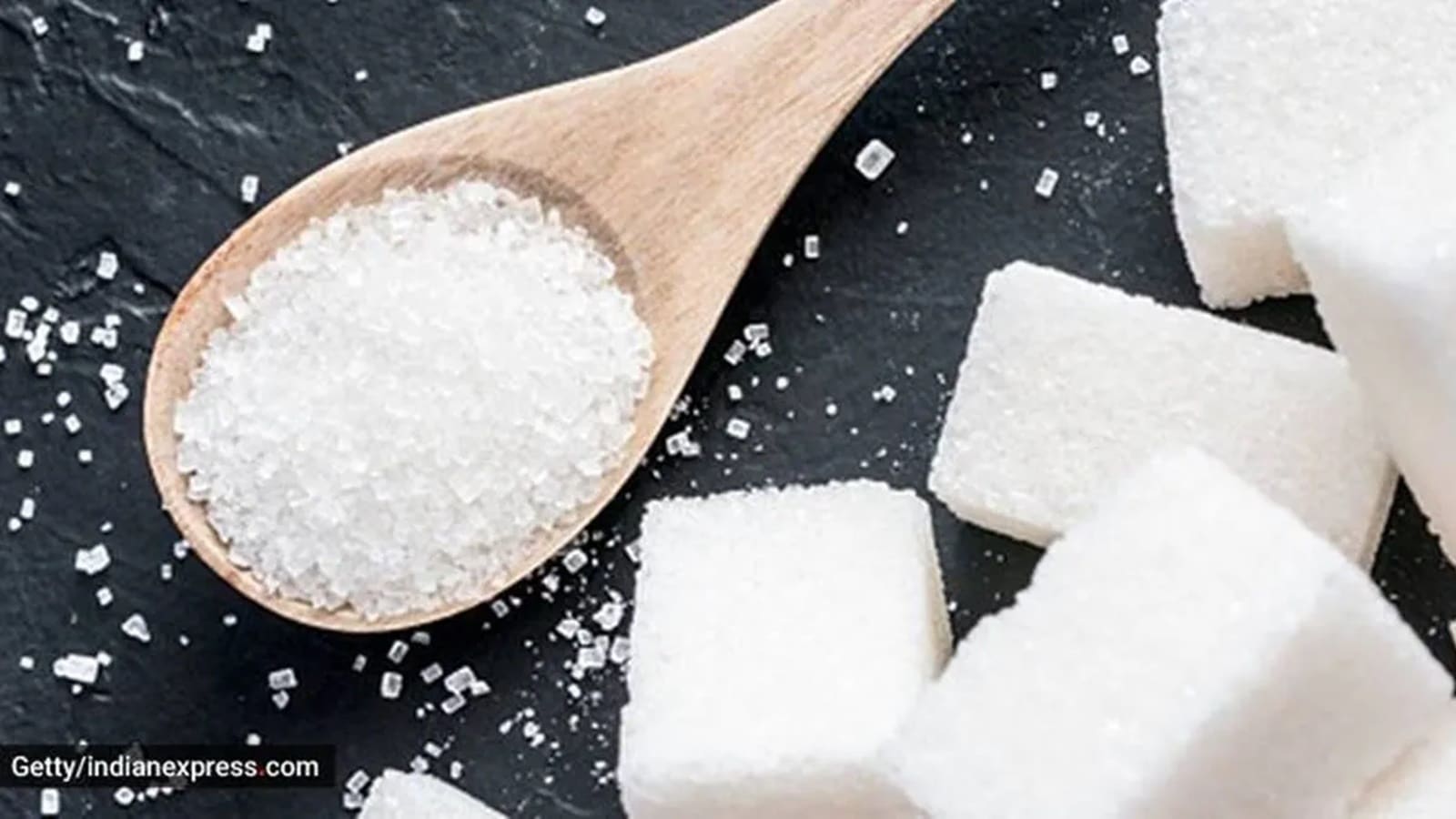Dietitian Lavleen Kaur discussed this in her latest Instagram post wherein she mentioned maltodextrin, a sweetener found in most processed foods. “Discover the hidden danger in your diet: Maltodextrin! This silent culprit, often found in processed foods, can spike your blood sugar levels even higher than table sugar. Prioritise your health by cutting down on ultra-processed foods and make informed choices,” said Kaur.
What is it and where is it used?
Maltodextrin is a type of carbohydrate and a sweetener with low nutritional values that can easily spike sugar levels and create havoc on your health. “Maltodextrin is a white powder made with corn, potato starch, rice, or wheat. It is a highly refined powder, generally used as a thickener to increase the volume of processed food,” said Dr Rajiv Kovil, head of diabetology, Zandra Healthcare and co-founder, Rang De Neela initiative.
Story continues below this ad
It is generally found in chips, popcorn, milk-based drink powder, bakery items, frozen foods, soups, and salad dressing, said dietitian Simran Bhui. “It is made using the process of malting, which involves germinating cereals, drying, roasting, and powdering them to produce sugar,” explained Bhui.
Difference between sugar and maltodextrin
Sugar is a common disaccharide used to sweeten baked goods, beverages, and various processed meals. It is made up of glucose and fructose.
“A polysaccharide called maltodextrin is sourced from starches such as corn, rice, potatoes, or wheat and is used in many processed foods and sports supplements as a thickening, filler, and source of carbohydrates,” mentioned Dr Harsh Kapoor – chairman (Pan Metro) – institute of gastroenterology, hepatology, GI surgery and liver transplant, Metro Hospital Noida.
 Know why Maltodextrin is more harmful than sugar (Source: Getty Images/Thinkstock)
Know why Maltodextrin is more harmful than sugar (Source: Getty Images/Thinkstock)
These two substances’ glycemic index (GI) and how they affect blood sugar levels is what differentiates them. “Sugar causes a mild spike in blood glucose due to its moderate GI of approximately 65. Maltodextrin, on the other hand, has a very high GI, ranging from 85 to 105, which can result in a sharp and sudden rise in blood sugar. Maltodextrin is, therefore, especially dangerous for those who have diabetes or insulin resistance,” explained Dr Kapoor.
Story continues below this ad
It claims to be sugar-free but in reality, its glycemic index is more than table sugar, stressed Bhui, adding: “This means it can spike sugar levels faster after consumption.”
A high glycemic index brings several dangerous effects on the body and is not advisable for not just diabetics but pregnant and lactating women and children too.
“Side effects may include allergic reactions, weight gain, flatulence, gas, bloating, and sometimes rashes and skin allergies,” said Bhui.
Dr Kovil explained that such a spike can lead to serious health conditions such as heart problems, problems with eyesight, kidney problems, and damage to nerves, blood vessels, and organs. “Constant spike in blood sugar levels can be extremely harmful for people with diabetes or insulin resistance,” said Dr Kovil.
Experts emphasise lowering consumption of both types of carbohydrates can be beneficial in various ways; it will lower blood pressure, clear skin, and improve cholesterol and heart health.
Story continues below this ad
There are significant health risks associated with overindulging in both. “Since sugar encourages insulin resistance and fat buildup, it poses an increased risk of obesity, type 2 diabetes, heart disease, and dental cavities. Likewise, maltodextrin may result in gastrointestinal problems such as gas and bloating in addition to weight gain and increased blood sugar. According to certain studies, maltodextrin may also alter gut bacteria, which could have an impact on immunological and digestive system health,” added Dr Kapoor.
Note:
Prioritise your health by “limiting processed or junk food, which is jam-packed with preservatives, chemicals, and artificial sweeteners. These can adversely harm overall health”, said Dr Kovil.
Bhui stressed on the need to check food labels to ensure you are not consuming such dangerous food additives.

























